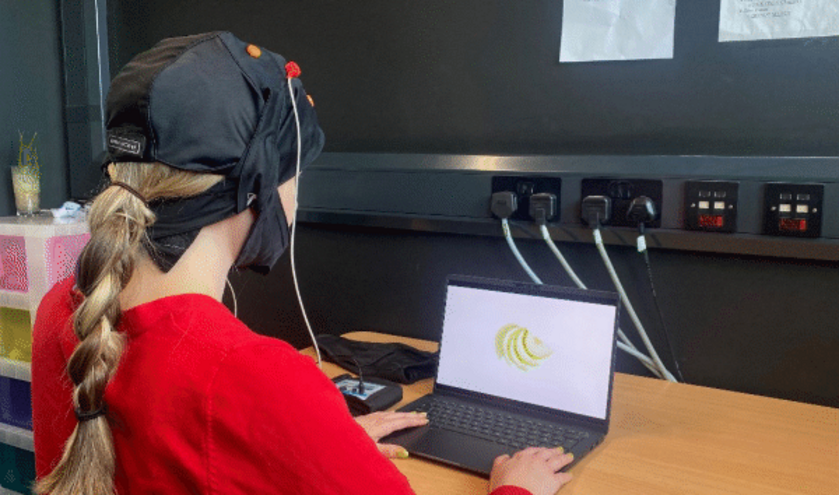The funding will go towards a new centre for advanced neurotherapeutics, a digital and virtual reality centre and hub, and retinography equipment.
This will improve the trust's research capacity and capability, in collaboration with King's College London and wider partners, by expanding its potential for research in specialist areas, as well as providing more opportunities for service users and patients to participate in research.
South London and Maudsley is the leading mental health trust for research participation in England, with 6,000 people taking part in its studies in 2023-24.
The new centre will allow the trust to develop its interdisciplinary translational research in the field of neurotherapeutics, which offers an innovative alternative to existing therapies and medications.
The equipment will include non-invasive brain stimulation systems (NIBS) and other neurotechnology devices. Neurotherapeutics research shows promising results in the treatment of a range of conditions, such as affective disorders, psychosis, eating and weight disorders, functional neurological disorders (FND), movement disorders, autism and ADHD.
In addition, the centre will support training in these new interventions, facilitating their future implementation in the NHS. The knowledge from this centre will improve care for patients locally and across the country, as many of these equipment and therapies are portable or can be delivered at home.
Professor Ulrike Schmidt, Professor of Eating Disorders and Director of the Centre for Research on Eating and Weight Disorders at King's IoPPN, and Consultant Psychiatrist, South London and Maudsley, said: 'The state-of-the-art equipment and associated centre will put the trust, King's College London and partners at the forefront of personalised neurotherapies across the whole spectrum of psychiatric disorders, nationally and globally.
'It will also raise much needed public awareness of neurotherapies as important alternatives to usual psychiatric treatment with medications or talking therapies and give hope to the significant number of patients who currently do not fully recover through conventional treatments.'
The funding will also bring together world-leading expertise in virtual reality and immersive therapies research in mental health, and establish a new research delivery hub at Bethlem Royal Hospital in Kent.
For clinicians and service users, virtual reality offers the ability to try out experiences that would otherwise be very difficult to replicate in therapy. The centre will support the extension of research into VR as a therapeutic tool for many mental health conditions, including psychosis, mood disorders and eating disorders, as well as into a range of behaviour-based interventions around discrimination, phobias, stress reduction and physical activity.
The Virtual Reality CAVE (cave automatic virtual environments) will allow environments to become an immersive shared experience and also reduces the impact of VR motion sickness.
The new research delivery hub will increase the accessibility of the trust's research opportunities, not just to those in the Bethlem and environs, but also across the South of England. The hub will offer remote options and develop ways to carry out research at different sites, thereby reducing barriers to participation and improving links with underserved communities.
The Centre for Mental Health Research and Innovation will be equipped with new optical coherence tomography (OCT) and electroretinography (ERG) machines to study the potential for using retinal imaging and electrophysiology to identify biomarkers of psychiatric disorders. The funding will enable a detailed assessment of the retina to be integrated into ongoing clinical trials.
Preliminary research has identified retinal biomarkers associated with schizophrenia, bipolar disorder and major depression. Historically, technology has limited the ability of researchers to measure brain function, but the impressive advances in retinal imaging could provide a method to unlock our understanding of biomarkers of disease and treatment response.
Professor Fiona Gaughran, director of research and development at the South London and Maudsley NHS Foundation Trust and professor of physical health and clinical therapeutics at King's IoPPN, added: 'The award will strengthen the trust's core strategy of informing and improving clinical care through research and offering research participation opportunities alongside clinical care, so keeping the patient at the centre of all we do.'
The funding is part of a £30m investment from the NIHR to 36 NHS organisations across England to deliver cutting-edge research to improve the prevention, management and treatment of disease. It will also increase NHS capacity to deliver commercial clinical trials, which will bring innovative medicines to patients earlier.



